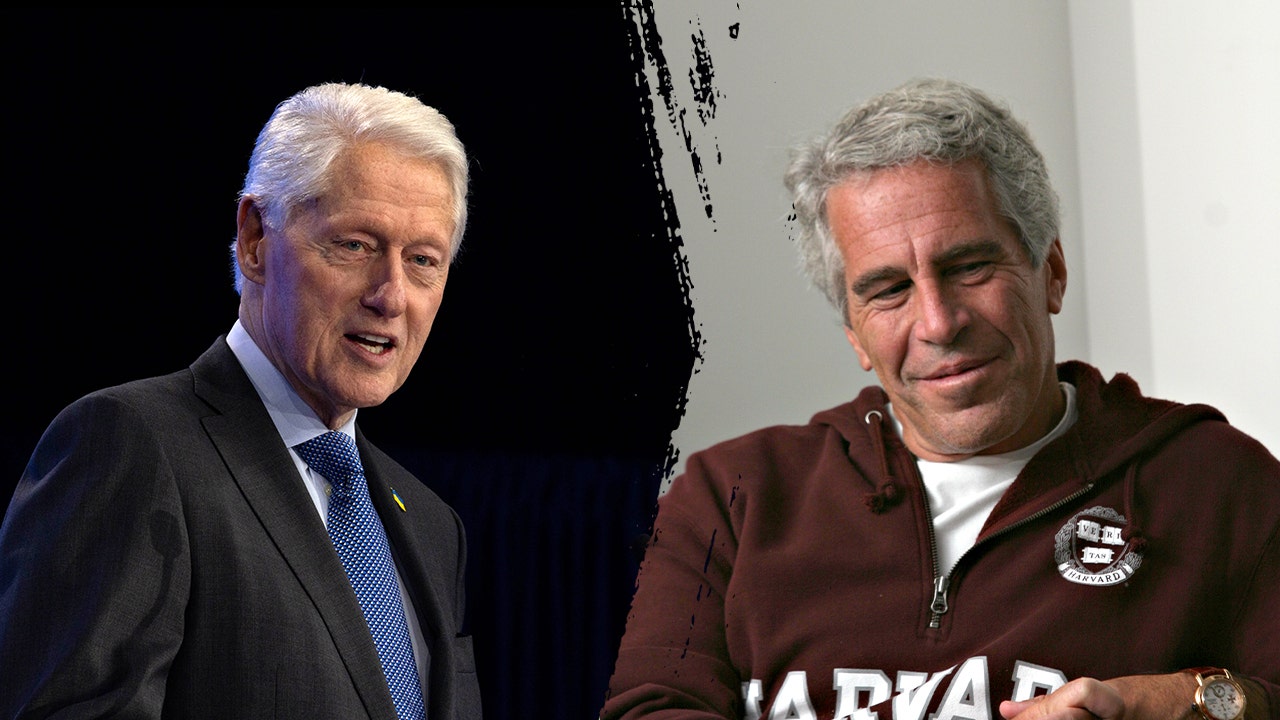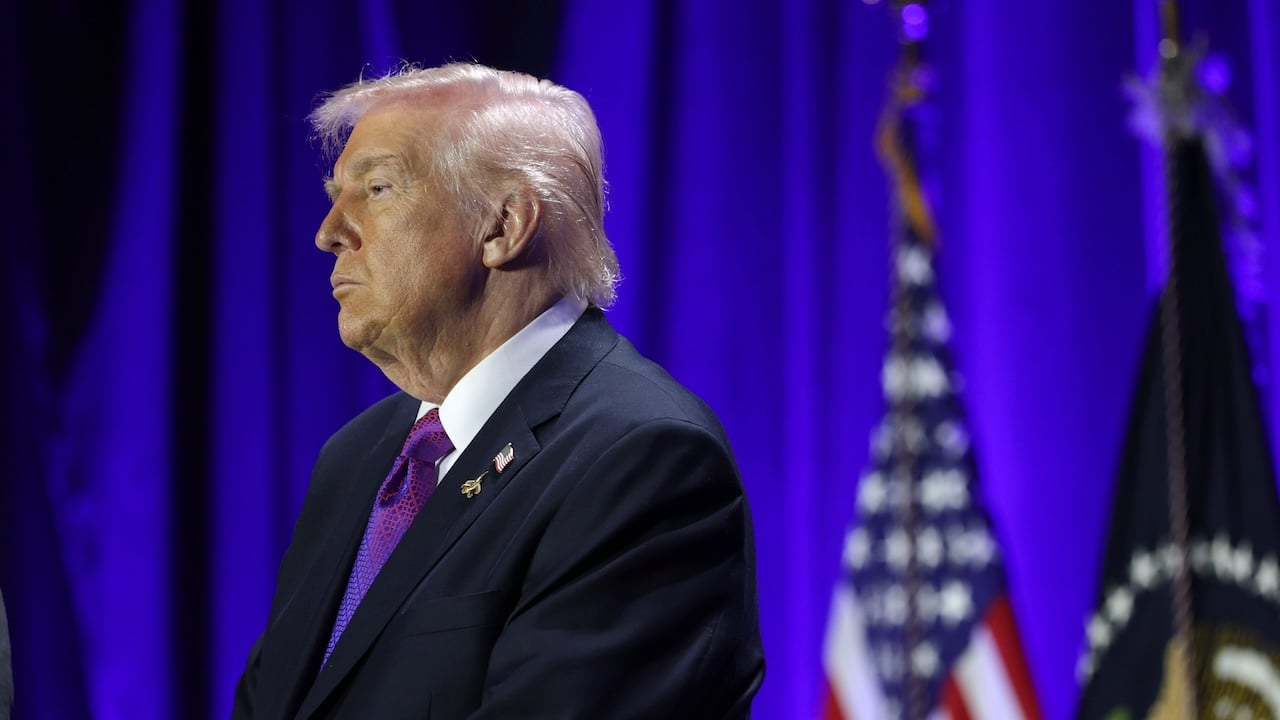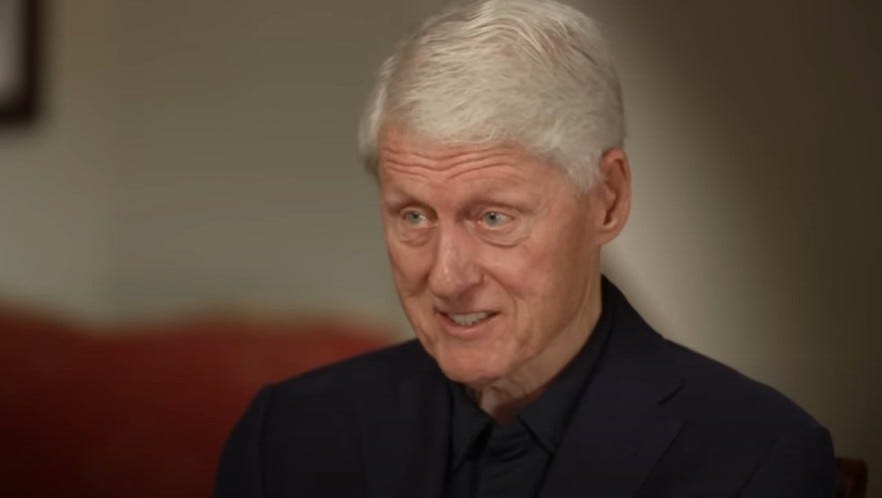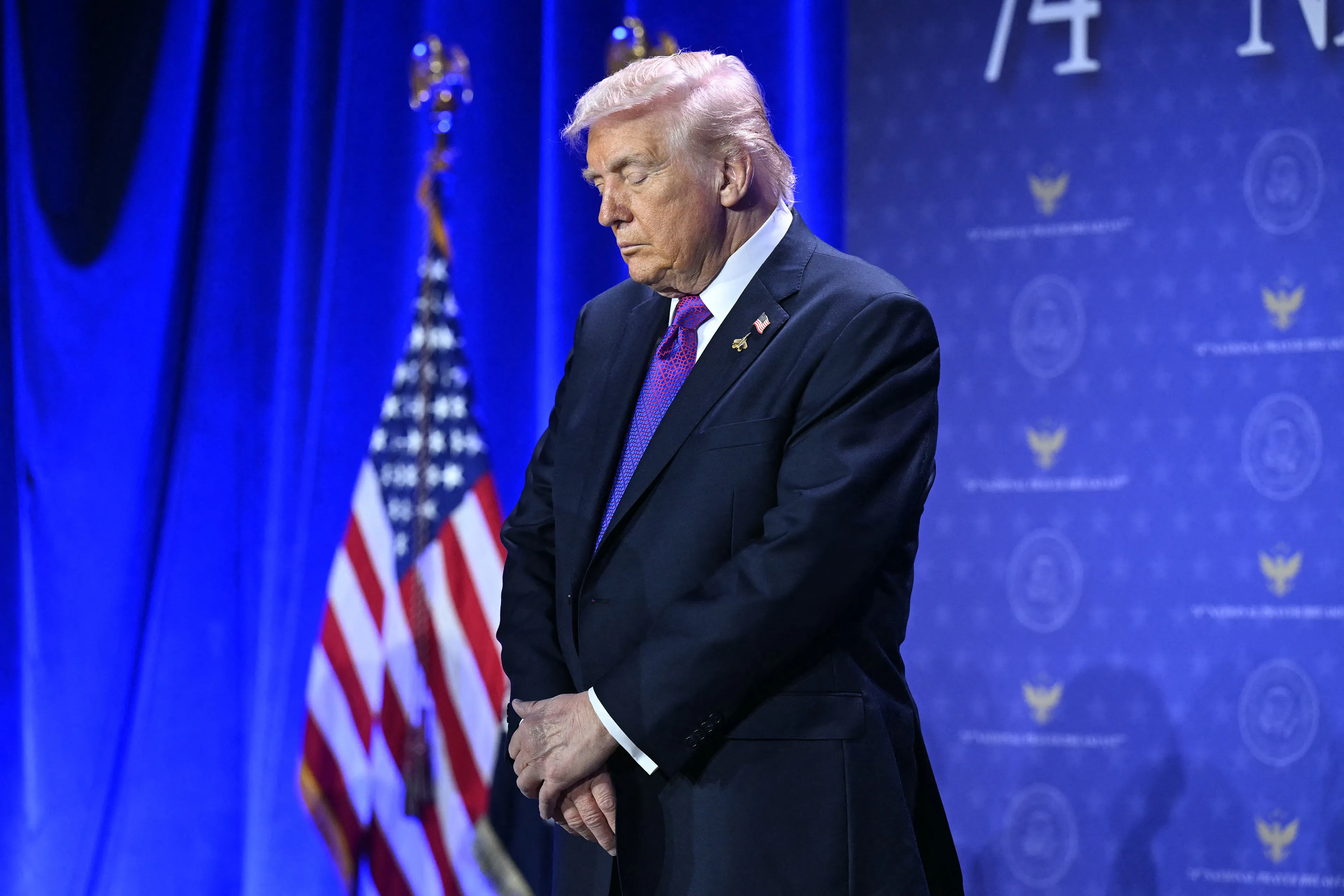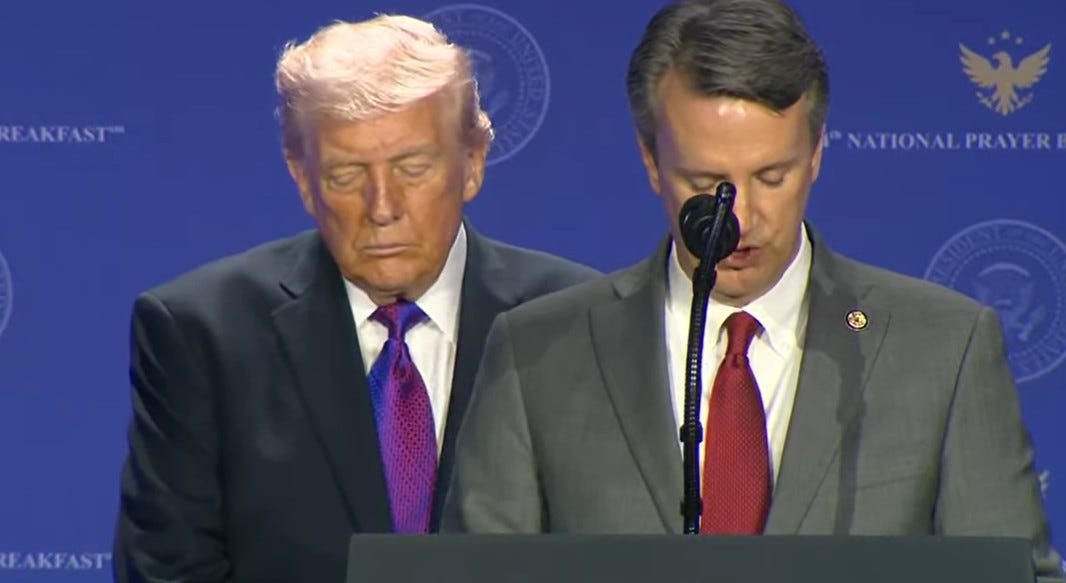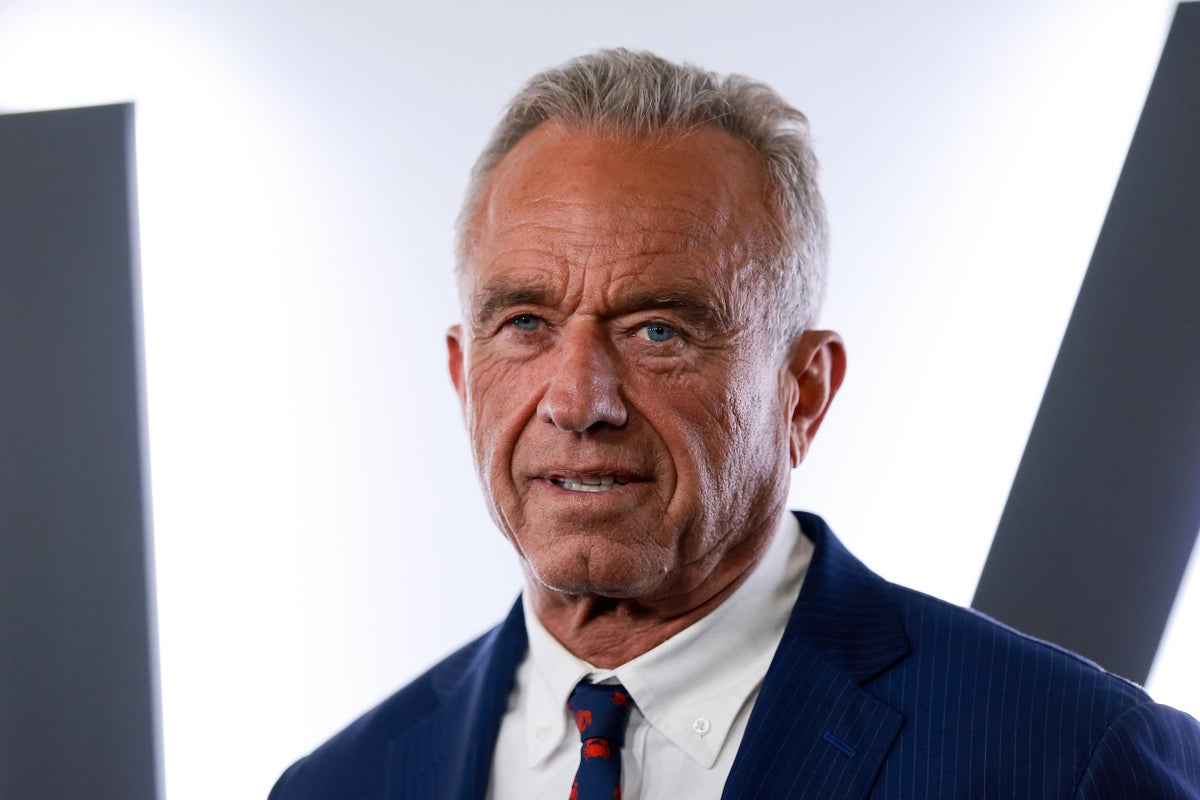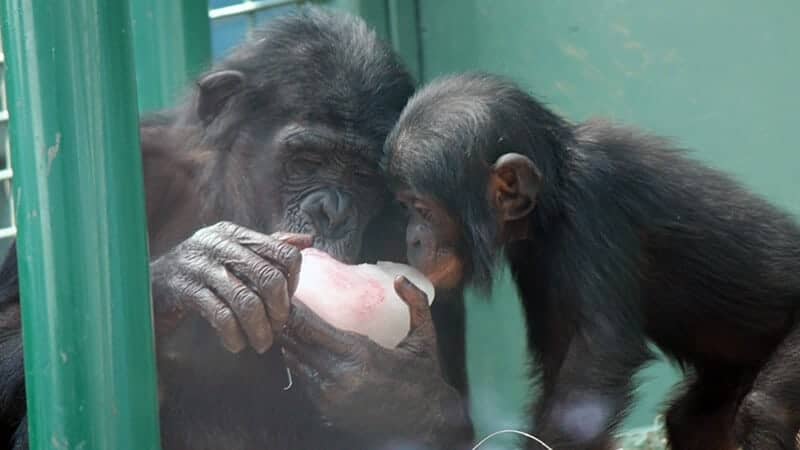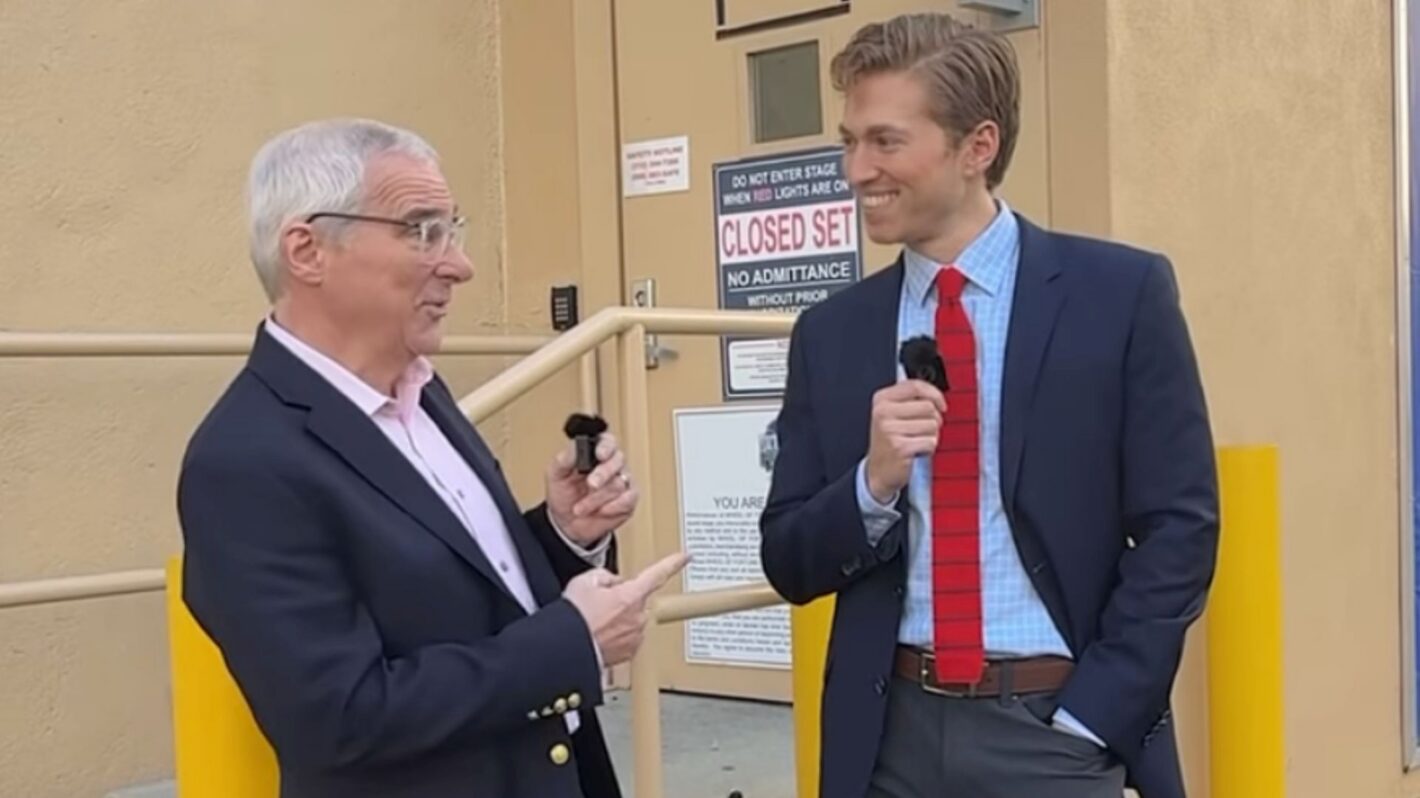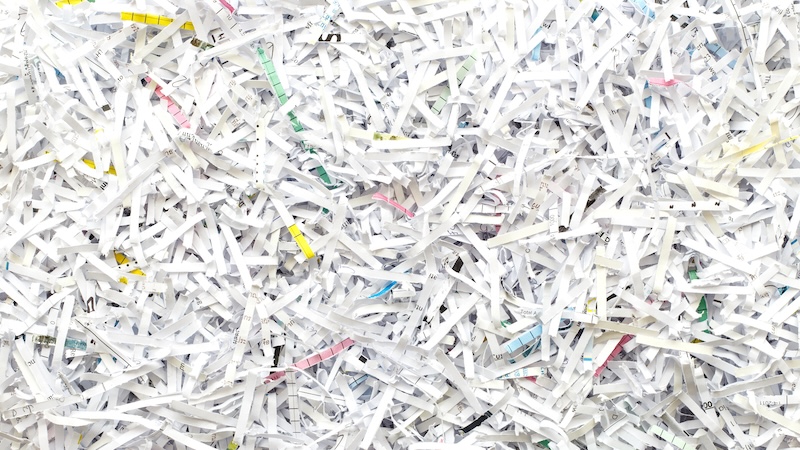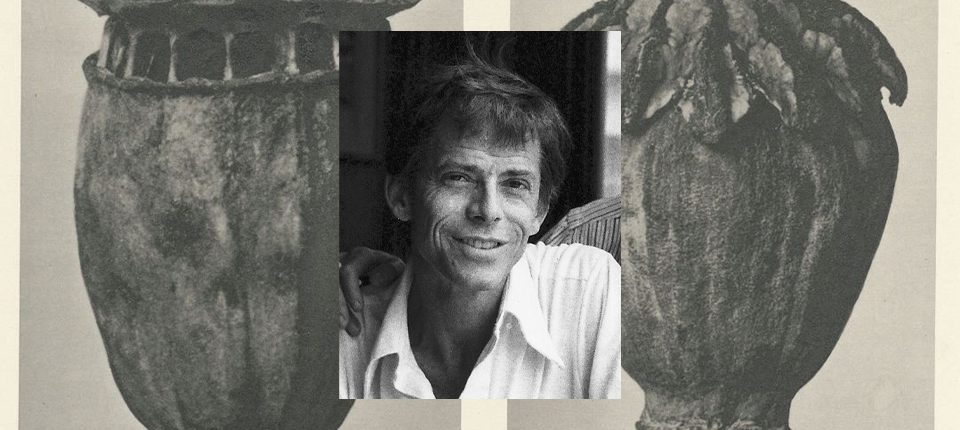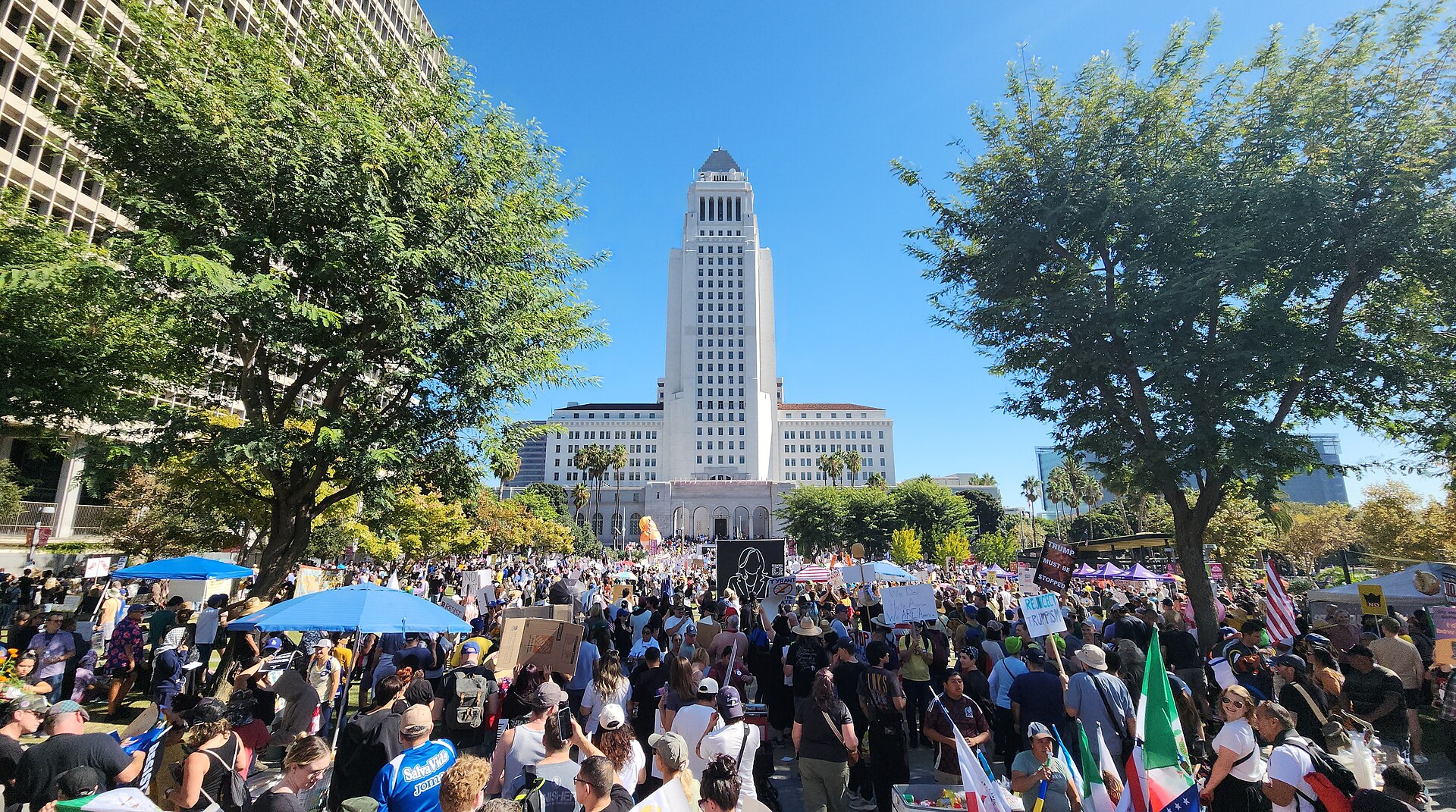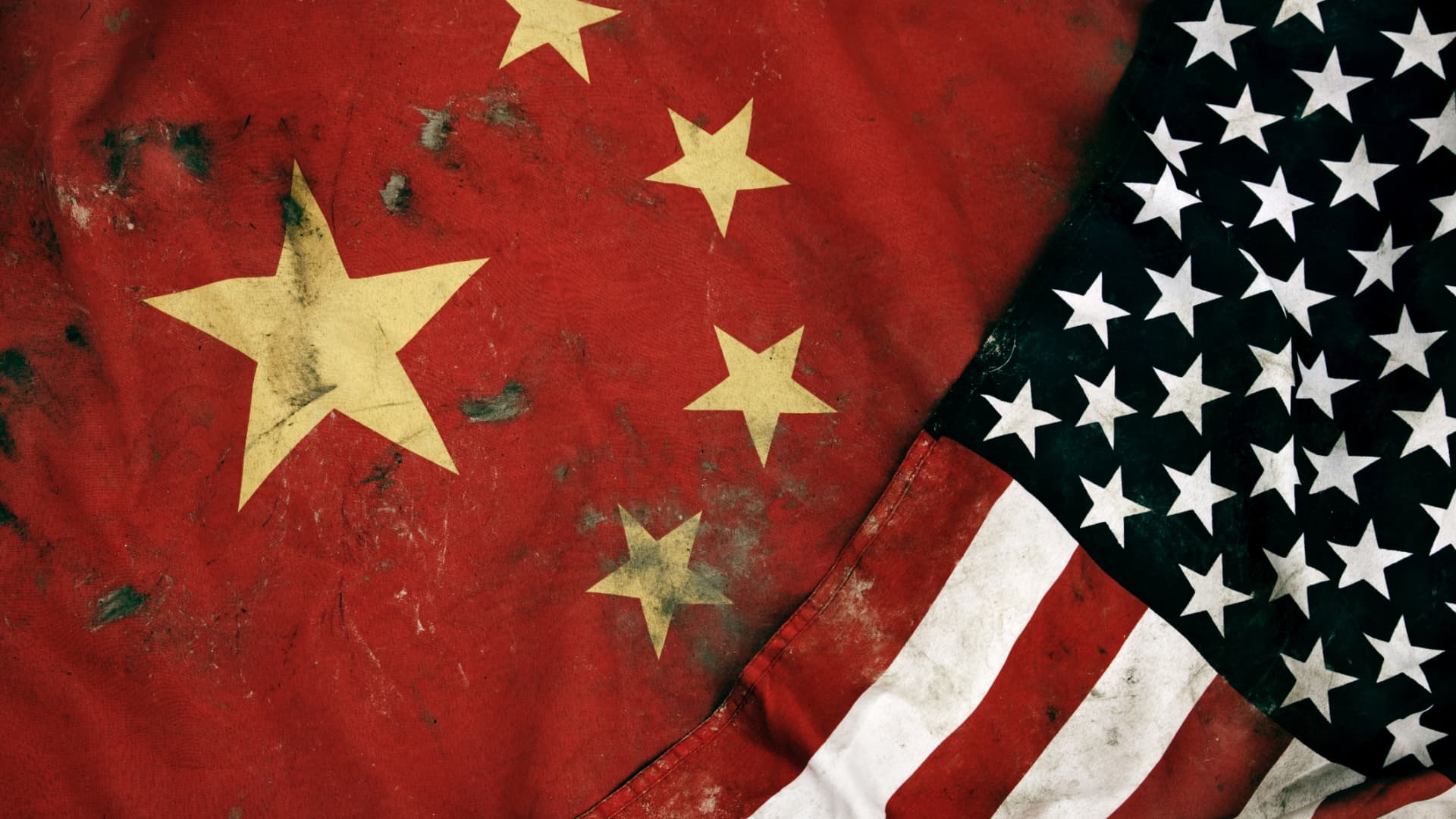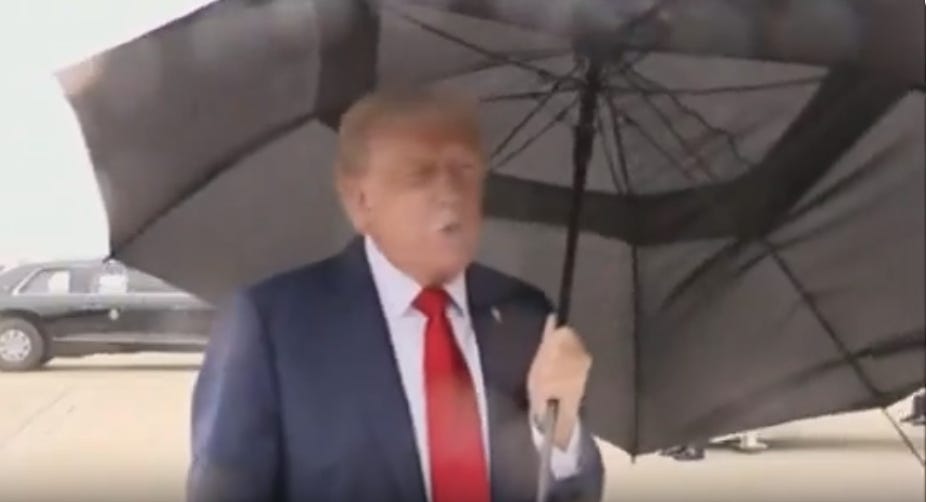In the 1980s, Fu Xiangdong was a young Chinese virology student who came to the United States to study biochemistry. More than three decades later, he had a prestigious professorship in California and was conducting promising research on Parkinson’s disease.
But now Fu is doing his research at a Chinese university. His American career was derailed as U.S.-China relations unraveled, putting his collaborations with a Chinese university under scrutiny. He ended up resigning.
Fu’s story mirrors the rise and fall of U.S.-China academic engagement.
Beginning in 1978, such cooperation expanded for decades, largely insulated from the fluctuations in relations between the two countries. Today, it’s in decline, with Washington viewing Beijing as a strategic rival and there are growing fears about Chinese spying. The number of Chinese students in the United States is down, and U.S.-Chinese research collaboration is shrinking. Academics are shying away from potential China projects over fears that seemingly minor missteps could end their careers.
This decline isn’t hurting just students and researchers. Analysts say it will undercut American competitiveness and weaken global efforts to address health issues. Previous collaborations have led to significant advances, including in influenza surveillance and vaccine development.
“That’s been really harmful to U.S. science,” said Deborah Seligsohn, a former U.S. diplomat in Beijing and now a political scientist at Villanova University. “We are producing less science because of this falloff.”
For some, given the heightened U.S.-China tensions, the prospect for scientific advances needs to take a back seat to security concerns. In their view, such cooperation aids China by giving it access to sensitive commercial, defense and technological information. They also fear the Chinese government is using its presence in American universities to monitor and harass dissidents.
Those concerns were at the core of the China Initiative, a program begun in 2018 by the Justice Department under the Trump administration to uncover acts of economic espionage. While it failed to catch any spies, the effort did have an impact on researchers in American schools.
Under the initiative, Gang Chen, a professor of mechanical engineering at the Massachusetts Institute of Technology, was charged in 2021 with hiding links with the Chinese government. Prosecutors eventually dropped all charges, but Chen lost his research group. He said his family went through a hard time and has yet to recover.
Chen said investigations and wrongful prosecutions like his “are pushing out talents.”
“That’s going to hurt U.S. scientific enterprise, hurt U.S. competitiveness,” he said.
The Biden administration ended the China Initiative in 2022, but there are other efforts targeting scholars with Chinese connections.
In Florida, a state law aimed at curbing influences from foreign countries has raised concerns that students from China could effectively be banned from labs at the state’s public universities.
This month, a group of Republican senators expressed concerns about Beijing’s influence on American campuses through student groups and urged the Justice Department to determine whether such groups should be registered as foreign agents.
Miles Yu, director of the China Center at Hudson Institute, said Beijing has exploited U.S. higher education and research institutes to modernize its economy and military.
“For some time, out of cultural, self-interest reasons, many people have double loyalty, erroneously thinking it’s OK to serve the interests of both the U.S. and China,” Yu said.
The U.S.-China Science and Technology Cooperation Agreement — the first major pact between the two countries, signed in 1979 — was set to lapse this year. In August, Congress extended the agreement by six months, but its future also hangs in the balance.
If there is a new agreement, it should take into account new advances in science and technology, Nicholas Burns, the U.S. ambassador to China, said recently.
There were only 700 American students studying in China, Burns said, compared with nearly 300,000 Chinese students in the U.S., which is down from a peak of about 372,000 in 2019-2020.
By October, nearly all Confucius Institutes, a Beijing-backed Chinese language and culture program, had closed on American university campuses. Their number fell from about 100 in 2019 to fewer than five now, according to the U.S. Government Accountability Office.
The National Institute of Health in 2018 began an investigation into foreign ties by asking dozens of American institutions to look into whether their faculty members might have violated policies regarding use of federal money, usually in cases involving partnerships with Chinese institutions.
In the case of Fu, then a professor at the University of California, San Diego, his links with Wuhan University were the focus of the NIH investigation. Fu insisted that federal money was never used toward work there, according to the local news outlet La Jolla Light, but the university ruled against him.
In a China Initiative case, Charles Lieber, a former chair of chemistry and chemical biology at Harvard University, was found guilty in December 2021 of lying to the federal government about his affiliations with a Chinese university and a Chinese government talent-recruitment program.
Chen, the MIT professor, said once-encouraged collaborations suddenly became problematic. Disclosure rules had been unclear, and in many cases such collaborations had been commended, he said.
“Very few people in the general public understand that most U.S. universities, including MIT, don’t take on any secret research projects on campus,” Chen said. “We aim to publish our research findings.”
The investigations have had negative effects on university campuses. “People are so fearful that, if you check the wrong box, you could be accused of lying to the government,” Chen said.
In June, an academic study published in the peer-reviewed Proceedings of the National Academy of Sciences journal said the China Initiative likely has caused widespread fear and anxiety among scientists of Chinese descent.
The study, which surveyed 1,304 scientists of Chinese descent employed by American universities, showed many considered leaving the U.S. or no longer applying for federal grants, the researchers wrote.
An analysis of research papers in the PubMed database showed that, as of 2021, U.S. scientists still co-wrote more papers with scientists from China than from any other country, but those with a history of collaborating with China experienced a decline in research productivity after 2019, soon after the NIH investigation started.
The study, to be published in the PNAS journal by the year’s end, found the impact of U.S.-based scholars in collaboration with China, as measured by citations, fell by 10%.
“It has a chilling effect on science” said Ruixue Jia, the study’s leading researcher, of the NIH investigation. “While researchers tried to finish existing cooperative projects, they were unwilling to start new ones, and the results could become worse. Both countries have been hurt.”
Three months after Fu resigned from the California school, his name appeared on the website of Westlake University, a private research university in the Chinese city of Hangzhou. At Westlake, Fu leads a lab to tackle issues in RNA biology and regenerative medicine.
In August, Fu was joined by Guan Kunliang, a fellow scientist in San Diego, who also was investigated. Guan was banned from applying for NIH grants for two years. Guan didn’t lose his job, but his lab had shrunk. Now, he’s rebuilding a molecular cell biology lab at Westlake.
Li Chenjian, a former vice provost of Peking University, said the talent loss to China is a complicated question and the worry might be overblown because the U.S. remains the go-to place for the world’s best brains and has an excess of talent.
More than 87% of Chinese students who received their doctorates in the U.S. had planned to stay in the U.S. from 2005 to 2015, according to the National Science Foundation. The percentage fell to 73.9 in 2021 but rose to 76.7 in 2022, above the average of 74.3% for all foreign students who had earned research doctorate degrees in the U.S.
Rao Yi, a prominent neurobiologist who returned to China from the U.S. in 2007, said American policies related to the China Initiative were “morally wrong.”
“We will see how long it will take for the U.S. government and its morally upright scientists to correct such mistakes and come around to see the bigger picture of human development, beyond petty-mindedness and shortsightedness,” he said. “Throughout history, it is always the morally corrupt governments which advocate the blocking of scientific communication and persecution of scientists.”



